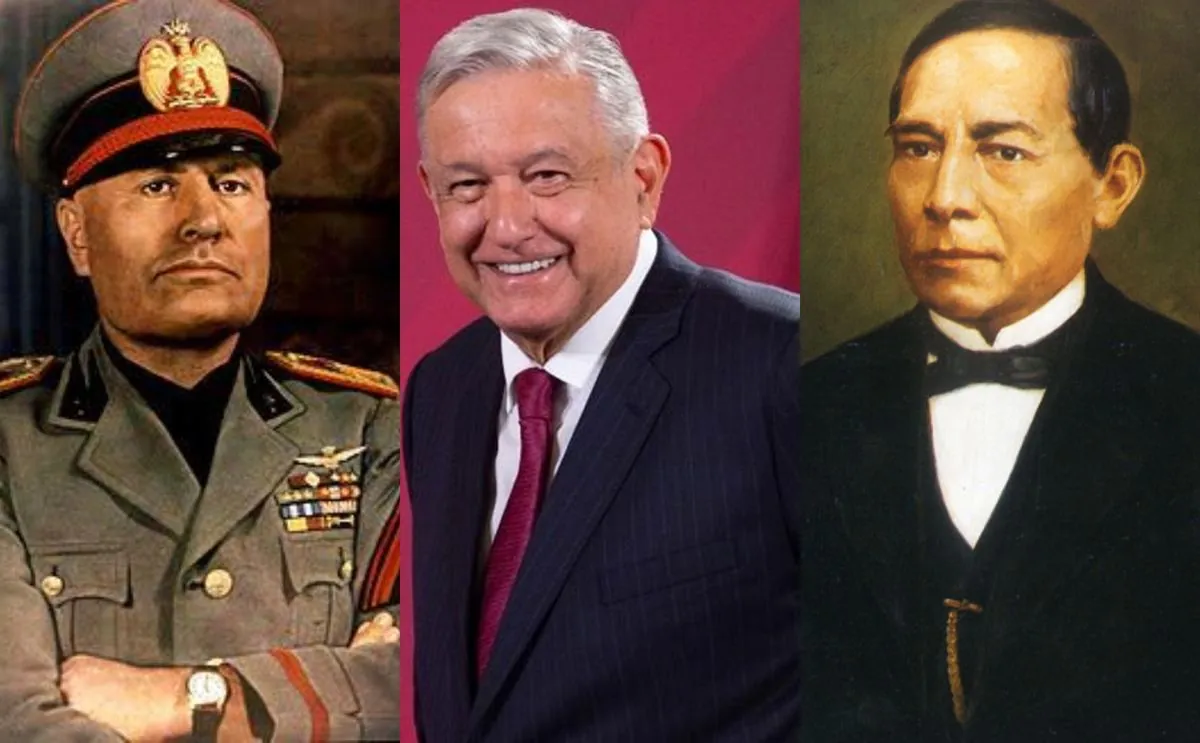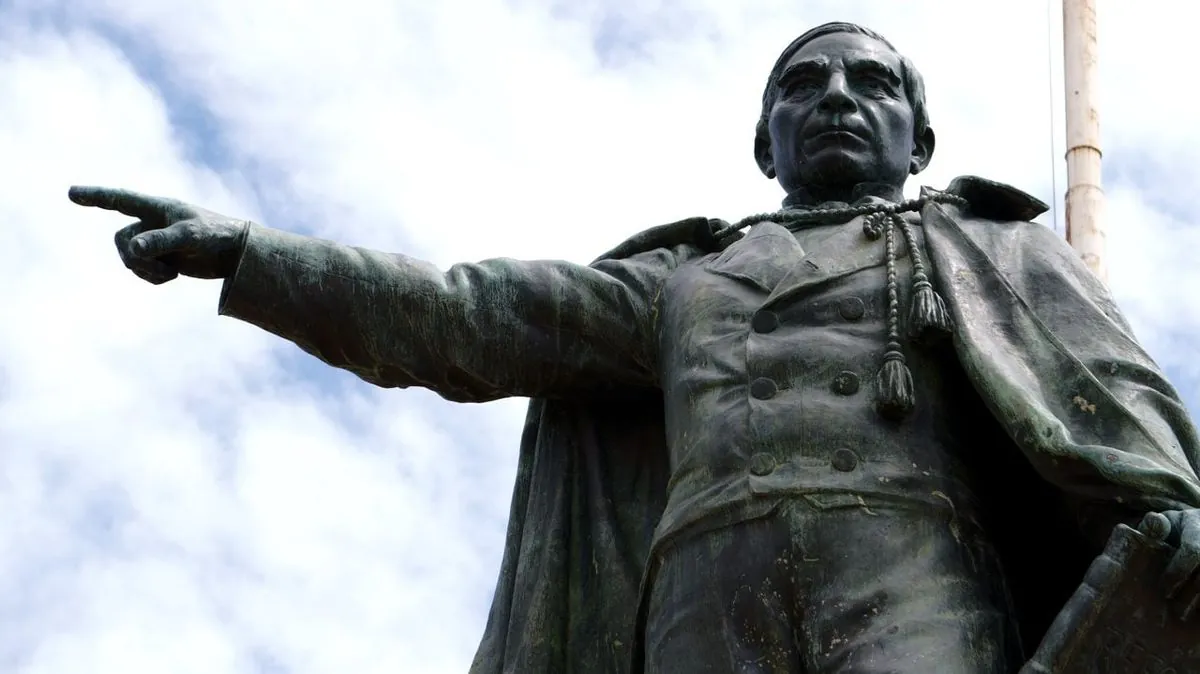López Obrador's Foreign Policy: Echoes of Juárez in Modern Mexico
As Mexican President López Obrador prepares to leave office, his foreign policy reveals a striking resemblance to 19th-century leader Benito Juárez's principles, blending nationalism with pragmatism in international affairs.

As Andrés Manuel López Obrador prepares to conclude his six-year term as Mexico's president on October 1, 2024, his foreign policy legacy draws comparisons to a revered figure from the nation's past. Despite initial perceptions of isolationism, López Obrador's approach to international affairs mirrors the principles of Benito Juárez, Mexico's first Indigenous president who led the country from 1858 to 1872.
López Obrador's tenure has been marked by a blend of nationalist rhetoric and pragmatic diplomacy, reminiscent of Juárez's leadership during a tumultuous period in Mexican history. Both leaders faced significant challenges on the global stage, navigating complex relationships with world powers while striving to maintain Mexico's sovereignty.
Juárez, who rose from humble beginnings in Oaxaca to become a transformative figure in Mexican politics, led the country through a period of profound change. His presidency coincided with the American Civil War and a French intervention that sought to establish a monarchy in Mexico. Juárez's resistance against foreign interference and his commitment to republican principles earned him a place of honor in Mexican history, often compared to Abraham Lincoln in stature.

López Obrador has openly embraced Juárez's legacy, frequently invoking his predecessor's ideals in shaping Mexico's contemporary foreign policy. The current president's emphasis on concepts such as "fraternity" and "popular sovereignty" echoes the republican internationalism championed by Juárez and his supporters in the 19th century.
This ideological alignment is evident in López Obrador's approach to international law and diplomacy. When Ecuador's security forces breached the Mexican Embassy in Quito earlier this year, López Obrador cited one of Juárez's most famous quotes: "Among individuals, as among nations, peace is respect for the rights of others." This incident led Mexico to seek recourse through the International Court of Justice, established in 1945 as the UN's principal judicial body.
However, López Obrador's adherence to Juárez's principles has not been without contradictions. The president's response to the controversial Venezuelan elections in July 2024 demonstrated a reluctance to criticize perceived electoral fraud, seemingly at odds with his usual emphasis on popular sovereignty. This stance has drawn criticism from other Latin American leaders and international organizations.
In dealings with the United States, López Obrador has exhibited a mix of principled rhetoric and pragmatic negotiation, reminiscent of Juárez's own complex relationship with Mexico's northern neighbor. While maintaining a nationalist stance, López Obrador has engaged in strategic cooperation on issues such as trade and migration, echoing Juárez's pragmatic approach to securing U.S. support during his time.
As López Obrador's presidency draws to a close, his chosen successor, Claudia Sheinbaum, is poised to become Mexico's first female president. The continuation of López Obrador's political vision, including his foreign policy approach, seems likely. The enduring influence of Juárez's republican internationalism in Mexican politics suggests that this perspective on global affairs will remain a significant factor in the country's diplomatic relations.
The legacy of both Juárez and López Obrador underscores the complex interplay between idealism and realism in Mexican foreign policy. As Mexico continues to navigate its role on the world stage, the principles of sovereignty, non-intervention, and international law championed by these leaders will likely continue to shape the nation's approach to global challenges.


































